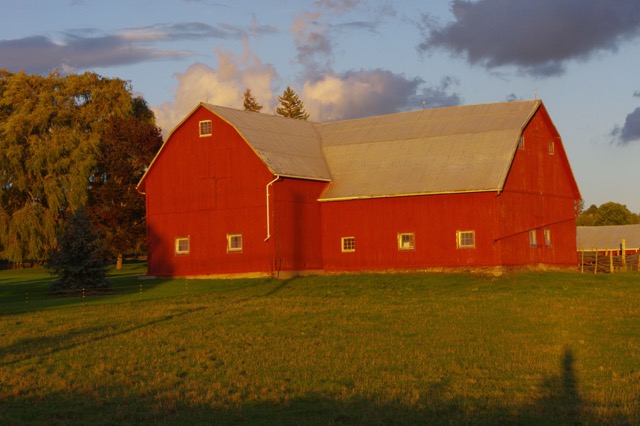Like this column? rabble is reader-supported journalism. Chip in to keep stories like these coming.
I am originally a farmer’s daughter. I grew up in the dryland farming country of southern Saskatchewan, and cut my teeth on stories of pioneers, drought, poverty, development and co-operation. I learned early that small farmers and land stewardship were the lifeblood of rural communities. Growing up, I also encountered phrases like land concentration, land tenure, seed stock and plant breeders’ rights, soil matter, organic food, cost-price squeeze, asset-rich and cash-poor, diversity, debt-to-equity ratio, intergenerational transfer and many, many, more key farming terms.
While I have been an urban dweller working for non-profits in the decades since I left that rural Saskatchewan community, my thoughts and actions have never been far from the farm community. For a time I worked in Central America, and learned that farm issues in Canada and those affecting campesinos — peasant farmers in Latin America — are not that different. In fact, Canadian family farmers have a lot in common with farmers everywhere.
Given that, it is fitting that the launch of this column is nestled between two important dates — April 17, the International Day of Farmers’ Struggles and April 22, Earth Day. Issues related to agriculture and rural life run deep through both of these dates.
There are huge contradictions in our relationships to food. In recent years, there has been an upsurge in the quest for quality, affordable food. Organic food has gained popularity. Thirty years ago, many people were befuddled by the term. There is also a growing interest in food policy on the part of urbanites, yet many are disconnected from farm matters — like how many acres there are in a section of land, or where and how farmers buy their seed. For urban and rural dwellers alike, agricultural issues are complicated.
This column will address these issues. It will be dedicated to bridging what is known in farm circles as the urban-rural divide, by bringing content about food production issues — both here at home and internationally — to an urban and rural audience.
With spring underway, more people are considering urban gardens. Many of us will soon be heading to farmers’ markets. Our terminology is also changing to mark the growing interest in food — slow food, locavores, the 100-mile diet, consumers referred to as “eaters,” and “edible” this and “edible” that. You may have also heard the terms food security and food sovereignty, and wondered what the difference might be. This column will help define phrases and terms related to agriculture, as well.
More than 81 per cent of Canadians live in urban areas. A 2014 United Nations report on global urbanization cited Canada as the 40th most urbanized country in the world — more urbanized than the United States, Norway, France or Germany. Canada is more urbanized than many smaller, more populated countries in Europe! That finding startled me, even though I have written about rural depopulation and land concentration for years.
Perhaps because most Canadians live in large urban centres, many, unfortunately, have limited knowledge about how best to support small-scale farmers. How could they? Food production is not an immediate concern for them — buying food is, but not necessarily growing or producing it. So it is quite normal that the intricacies of food production would not be part of our urban dictionary. Many of us do not even realize that our actions may actually be harming today’s or tomorrow’s farmers. Our agricultural system is complicated, but I hope this column will help to untangle some of the issues that face small-scale and family farmers.
I will also be writing about farmers in the so-called developing nations. While the work environment of Canadian farmers may be quite different from their counterparts in the Global South, there is lots of common ground. Family farmers here are living many of the same issues as small-scale farmers elsewhere in the world.
I will touch on some of these common issues, ranging from seed stock, plant patents and biodiversity, food and climate change, through to land use and land concentration, and agricultural policy, food security and sovereignty, rural depopulation, tenant farmers, and more. The field is huge and small farmers are not able to fight the forces of profit alone. If we eat, these are issues that affect us all.
Next month: Seeds
Lois Ross is a communications specialist, writer, and editor, living in Ottawa. Her column “At the farm gate” discusses issues that are key to food production here in Canada as well as internationally.
Like this column? rabble is reader-supported journalism. Chip in to keep stories like these coming.



